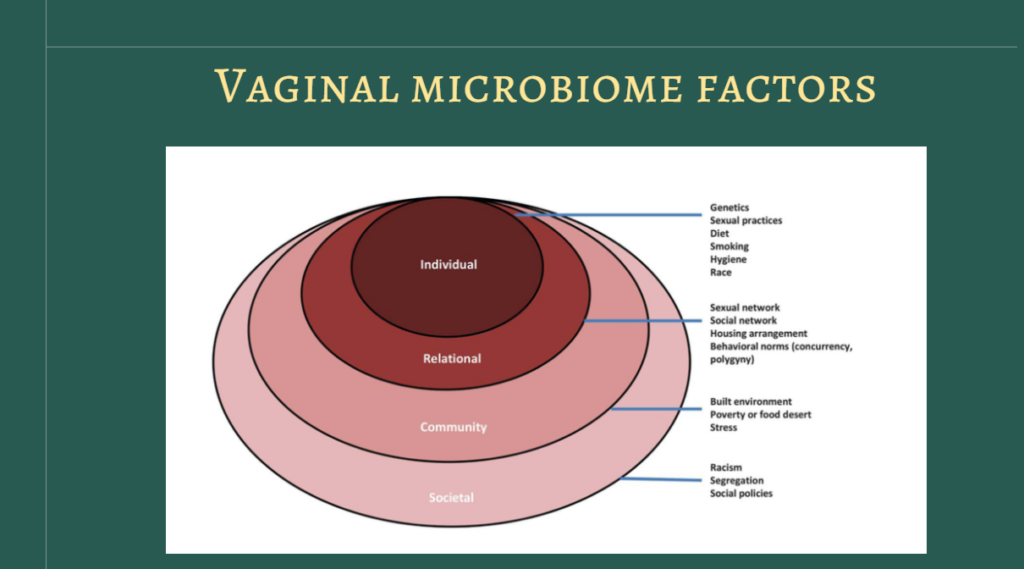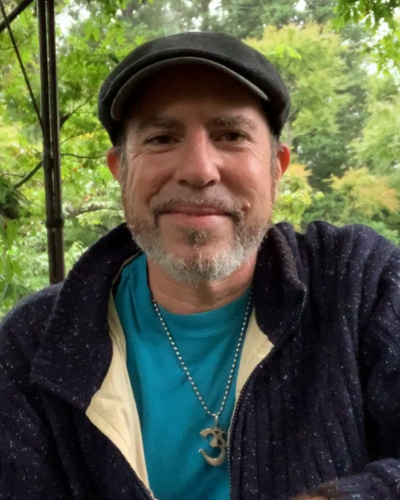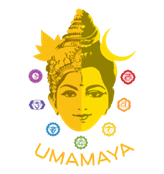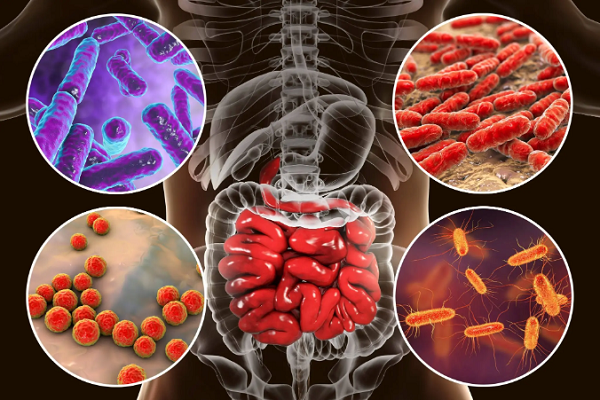Menorrhagia, or heavy menstrual bleeding, is a common occurrence among many women worldwide and presents with or without heavy cramping and may be due to any number of a wide variety of causal factors.
But when a friend left a note in my inbox asking me what appears to be a very simple and straightforward question concerning the proper preparation of an herbal tea with which he might treat and support his wife’s suffering, even noting for me his own ‘medical advice’ disclaimer in advance, I thought that I’d really like to take the disclaimer a step further and explain why even seemingly innocent advice on the preparation of herbal decoctions from an Ayurvedic perspective is not to be given, or taken lightly.
“The microbiome is the collection of all microbes, such as bacteria, fungi, viruses, and their genes, that naturally live on our bodies and inside us. It is a key interface between the body and the environment; these microbes can affect health in many ways. A person’s core microbiome is formed in the first years of life but can change over time in response to different factors including diet, medications, and environmental exposures. Differences in the microbiome may lead to different health effects from environmental exposures and may also help determine individual susceptibility to certain illnesses. Environmental exposures can also disrupt a person’s microbiome in ways that could increase the likelihood of developing conditions such as diabetes, obesity, cardiovascular and neurological diseases, allergies, and inflammatory bowel disease.” Liberally paraphrased from an article found on the Mayo Clinic’s website.

Commonalities to the Reproductive Microbiome in General
Ayurveda & Microbiome
Genetics, sexual practices, smoking, race, hygiene and more will often influence the microbiome overall regardless of gender. What’s a healthy microbiome is very diverse among people with different lifestyles. Individual lifestyles, relational lifestyles, social network, your housing situation, your behavioral norms, as well as at a community level – what kind of environment do you live in. Do you have access to nature? Are you living in poverty without access to whole foods? These kinds of factors will impact the reproductive biome. And then there’s the all-too-often far too under-appreciated effect of stress.
And where there is a lot of overlap between the non-gender specific microbiome and its function, when we begin to differentiate we’ll notice that the ‘parts’ of the microbiome must necessarily be specific to the gender whereas a part of the vaginal microbiome is the uterine microbiome that of the fallopian tubes and the ovaries.
Ayurveda means Science of Life not Science of Herbs
Ayurveda will look at the condition of the microbiome, not necessarily just the symptom of the environment. There are just too many possible reasons for the manifestation of any given symptom. And it isn’t only traditional medicine that works this way, although Ayurveda will seek remedies from a holistic perspective. Western medicine also acknowledges from the start that there are far too many possible causes for heavy menstrual bleeding to simply make a spot diagnosis and refer a remedy without an engaged differential diagnosis that might reveal hormone imbalance, dysfunction of the ovaries, fibroids or polyps, adenomyosis and a host of other possible causes that will determine how treatment is approached.
This blog piece barely scratches the surface of this topic, but I believe it may be sufficient to give someone pause when reaching for medical advice at any level, physical or psychological, in a blurb on social media or a shout out to a friend or mentor. It would be considerably irresponsible of me to have answered my friend’s question on the proper way to prepare the tea directly. This post, which surely he is reading, is only the beginning of a much longer and much needed conversation in order to get to the proper solution and be of proper service.
I can only hope that this post might also encourage well-meaning friends and mentors to know their own place in these conversations, be well-acquainted with their own limitations and capacities and know when and how to point their clients, mentees or friends in the direction of professionals who might be better equipped to serve.

…is a Saiva Tantrika, Gyana Yogi and founder of Uma Maheshwara Yoga & Ayurveda. David has an MA in Semiotics, lives in Japan with his family and works as a coach in L & D, devoting his time to developing science-based tools and programs that help people reach the fullest potential of the human condition.
Discover more from REAL YOGA
Subscribe to get the latest posts sent to your email.


